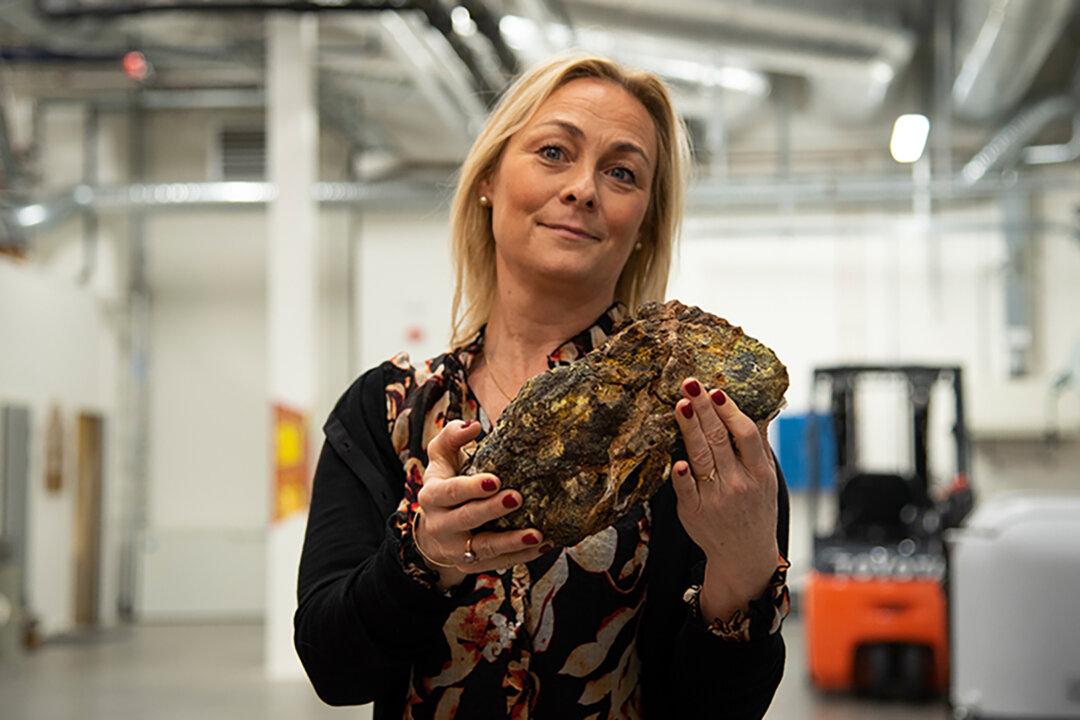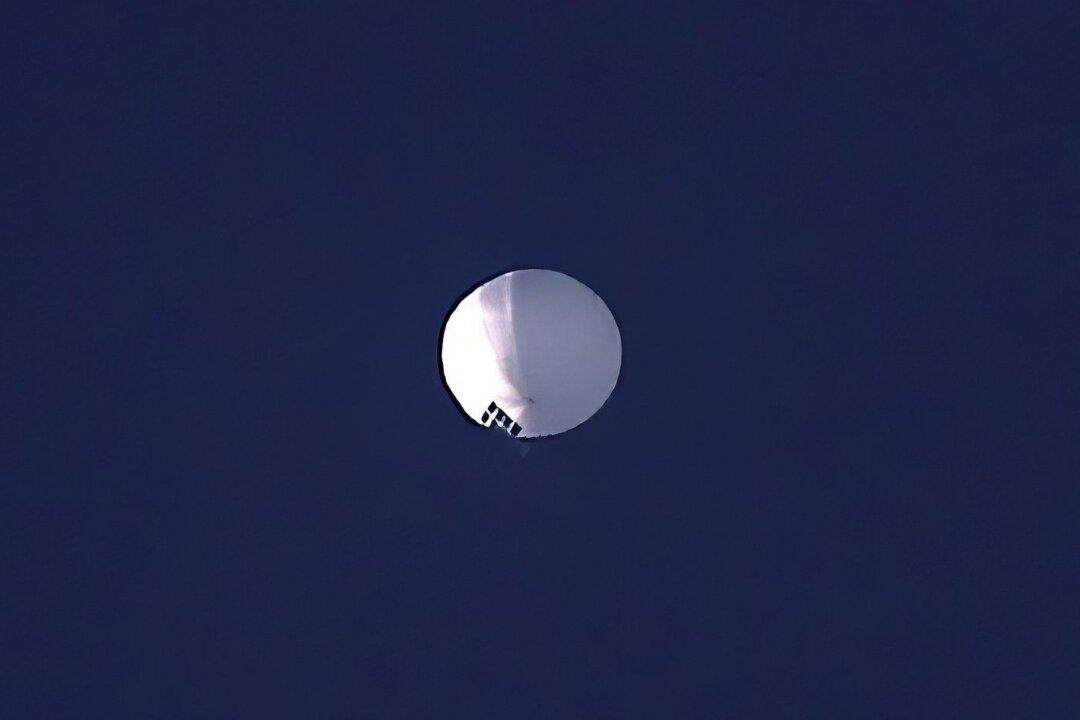Norwegian scientists have made a discovery of rare earth metals in the country’s northern region. The findings have the potential to transform the country’s economy and secure its place as a major player in the global market for high-tech and green technology. Furthermore, the findings could make Europe less dependent on China for the critical metals.
Today, China is believed to account for more than 80 percent of many metals that are needed for green energy solutions, such as rare earth metals used in electric cars and wind turbines.




